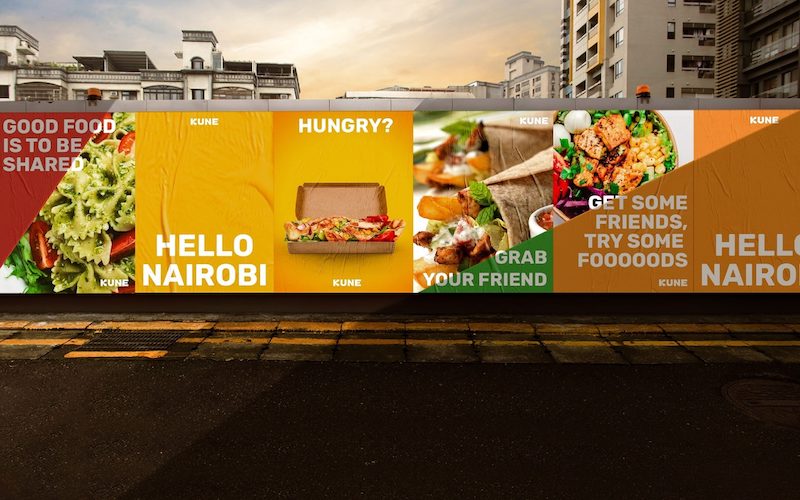
When Kune Food raised $1 Million in pre-seed funding in June 2021, it seemed to have a grand plan that would differentiate its food-delivery model from similar existing services in Kenya. At the time, Kune said that it would control the entire food chain and intermediary processes. How?
Unlike other delivery apps that source meals from several restaurants, Kune Food planned to have an on-site factory where meals would be prepared and packaged. Deliveries would be made from here to customers ordering through the website and the mobile app.
Kune had outlined ambitious plans such as having its own fleet of 100 electric motorcycles, hiring 100 female drivers, 10-15 marketers, and 10-15 user people to handle the customer experience. At the factory, nearly thirty people would run production to ensure that customers got their meals within an a promised delivery time of 30 minutes.
We are now in June 2022, a year after the company raised $1 Million in funding and the goings-on don’t point to much success in any of the previous promises.
In February, Kune’s managing director Faith Mwendia had told a local publication that they were seeking a further $3.5 million from local and international investors to increase production capacity.
“Currently, Kune is delivering over 400 meals a day with a projection to be serving over 1,000 meals a day by the end of this quarter. Our factory production and delivery infrastructure are fully in place for us to scale our operations with our unique offering.” She said.
Unconfirmed reports said Kune had the capacity to deliver 8,000 meals a day, at an average of $2-$3 per meal.
It’s now emerging that Kune Food is overhauling its modus operandi. Customers who log into the website are met with the option to via Glovo, Jumia Foods, Uber Eats, or Bolt Food, the same platforms Kune meant to disrupt.
Why the change of strategy? According to Kune Founder and CEO Robin Reecht while responding to questions by The Netick Kune’s core business has always been about producing great food. Not delivering it. ”We had to take over the delivery in order to lower the overall cost to final customers,” he told The Netick.
The company’s desire to be an end-to-end food delivery service has certainly hit a snag. It’s unclear what will happen next, especially to the hordes of investors to whom Kune had made attractive promises.
Follow us on Telegram, Twitter, and Facebook, or subscribe to our weekly newsletter to ensure you don’t miss out on any future updates. Send tips to info@techtrendske.co.ke



